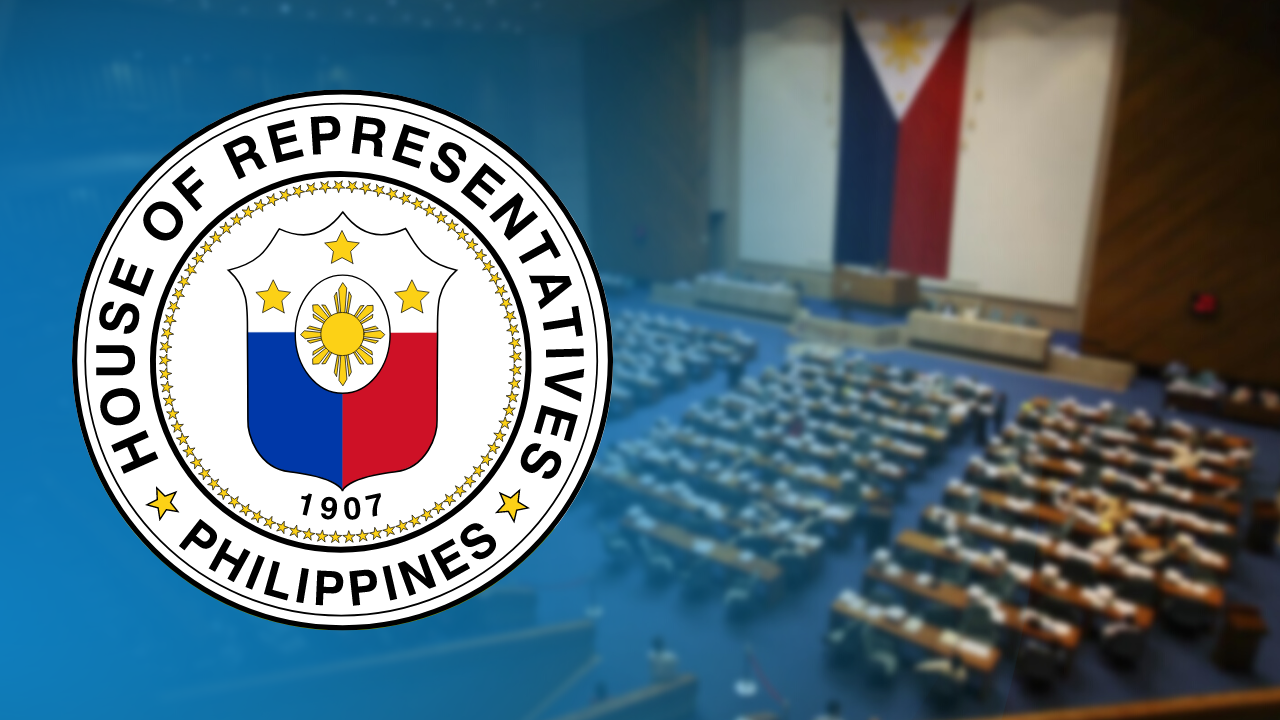House: Speaker doesn’t have control over aid programs’ allocation

MANILA, Philippines — House of Representatives Speaker Ferdinand Martin Romualdez’s office has denied having any control on where to allocate funds intended for the government’s aid programs, saying that implementation rests solely on executive agencies and departments.
House spokesperson Princess Abante on Tuesday relayed a statement from the Office of the Speaker, saying that contrary to assertions from Navotas City Rep. Toby Tiangco, Romualdez has no control over the following programs:
– Assistance to Individuals in Crisis Situations (AICS) – Ayuda Para sa Kapos ang Kita (AKAP) – Tulong Panghanapbuhay sa Ating Disadvantaged/Displaced Workers (TUPAD) – Medical Assistance for Indigent Patients (MAIP)
Instead, the Office of the Speaker said it is the Department of Social Welfare and Development (DSWD), the Department of Labor and Employment (DOLE), and the Department of Health (DOH) that implements these programs.
“The Office of the Speaker firmly denies the baseless accusation that it exercises post-appropriation control over programs such as AICS, AKAP, TUPAD, and MAIP. These programs are implemented solely by executive agencies such as the DSWD, DOLE, and DOH,” the Office of the Speaker said, as relayed by Abante.
“These agencies retain full authority over the approval, funding, and implementation of their respective programs, in accordance with law and internal procedures,” she added.
Instead of controlling the allocation of funds, what the Office of the Speaker does, Abante said, is to issue endorsement letters or referrals to address concerns from lawmakers and their constituents.
“Like all congressional offices, the Office of the Speaker may issue endorsements or referrals in response to constituent requests from lawmakers or local leaders. These are strictly facilitative and do not guarantee or influence approval. Final decisions rest entirely with the implementing agencies, which assess each request based on program guidelines, fund availability, and internal controls,” Abante said.
“To allege otherwise is to misrepresent the law and institutional practice. The Supreme Court’s landmark ruling in Belgica v. Executive Secretary (PDAF case) prohibits legislators from exercising post-enactment discretion over public funds. The House of Representatives, under Speaker Ferdinand Martin G. Romualdez, fully upholds this principle,” she added.
In an interview on Monday after President Ferdinand R. Marcos Jr. delivered his fourth State of the Nation Address (Sona), Tiangco claimed that lawmakers have to get into a portal to ask for funds for certain aid programs.
He also accused the leadership of the 19th Congress of giving funds to lawmakers who would participate in the Bagong Pilipinas Serbisyo Fair (BPSF), a program of the executive and the legislative where assistance and government services are brought closer to people from far-flung areas.
“Why do we ask for funds here […] Isn’t it that if you attend the Bagong Pilipinas Serbisyo Fair, you would get funds? I know that because I got funds,” Tiangco claimed.
“Now, who among our lawmakers would contest this, let’s show our cell phones. […] There’s a message that you would receive, if you attend the BPSF, if you are there, you would have P7 million for AICS, P7 million for MAIP, P7 million for TUPAD. Isn’t that post-enactment?” he asked.
Small committee
Another issue that Tiangco raised was the use of small committees during budget deliberations, where key officials of the House and the committee on appropriations discuss among themselves the proposed amendments to the General Appropriations Bill.
According to Tiangco, this should not be the case since under House rules, committee and individual amendments should be proposed and deliberated before the second reading approval — and no changes must be made after the bill is approved on third reading.
“There are many things that we have to change, all the bills that we file, before we approve for second reading, don’t we have committee amendments, then individual amendments, and then approve on second reading, right? But with the budget, what is the bad practice being done there?” Tiangco asked in Filipino.
“They will have committee amendments then approve it by second reading, but then they will authorize a small committee to make the individual amendments. The small committee does not come up with a minutes of the meeting, it’s like giving them a blank cheque. Why don’t we follow the rules when we craft our most important bill?” he asked again.
The Office of the Speaker, however, said that the use of small committees has been a “longstanding parliamentary practice” that was conducted even in other Congresses that Tiangco was a part of.
According to the Office of the Speaker, the small committee does not override or replace the plenary as the output is reported to the House members.
“As to the issue of the small committee used during the budget process, this mechanism is a longstanding parliamentary practice that allows the efficient consolidation of individual amendments after plenary debates. It has been used across many Congresses, including those in which Congressman Toby Tiangco held leadership roles—and never objected to its use,” Abante relayed. /gsg